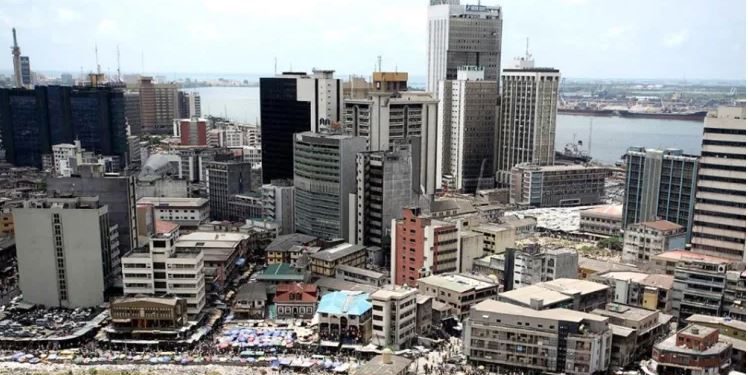The Nigerian private sector experienced further challenges in March as the impact of currency weakness led to an increase in selling prices of goods. Despite this, the Stanbic IBTC Bank Purchasing Manager Index (PMI) remained unchanged at 51.0, matching its joint-lowest level in four months.
According to the report, purchase costs surged at the sharpest rate on record, prompting companies to raise their own selling prices at an unprecedented pace. This led to a moderation in demand, with the pace of new order growth easing to a four-month low. Additionally, employment levels decreased for the second consecutive month.
While business activity expanded slightly during March, the pace was slower compared to previous months. Readings above 50.0 in the PMI indicate an improvement in business conditions, while readings below 50.0 signify a deterioration.
The Stanbic IBTC Bank noted that price pressures remained elevated, with purchase price inflation reaching a new record high for the second consecutive month, primarily driven by currency weakness. Moreover, increased transportation costs further contributed to the inflationary pressures faced by businesses. The persistently high inflationary environment coupled with currency weakness poses significant challenges for Nigerian businesses, impacting their competitiveness and profitability. As businesses continue to grapple with these pressures, there is a need for comprehensive measures to address the underlying factors driving inflation and currency volatility.















